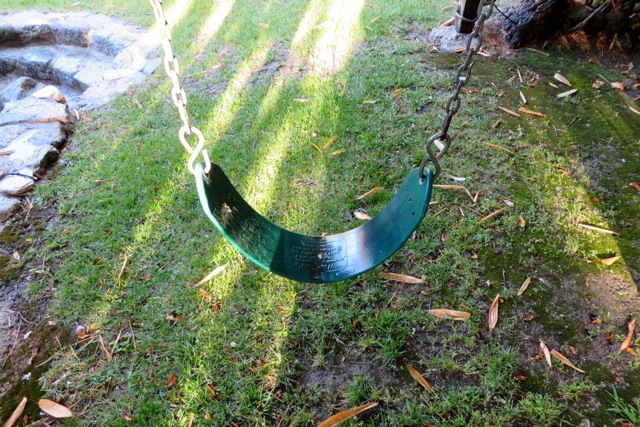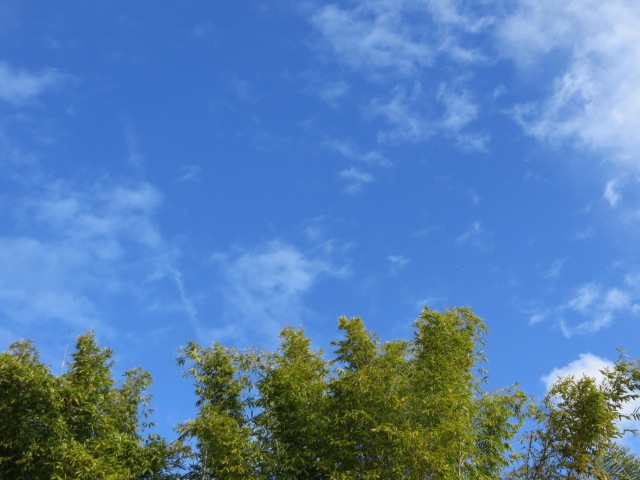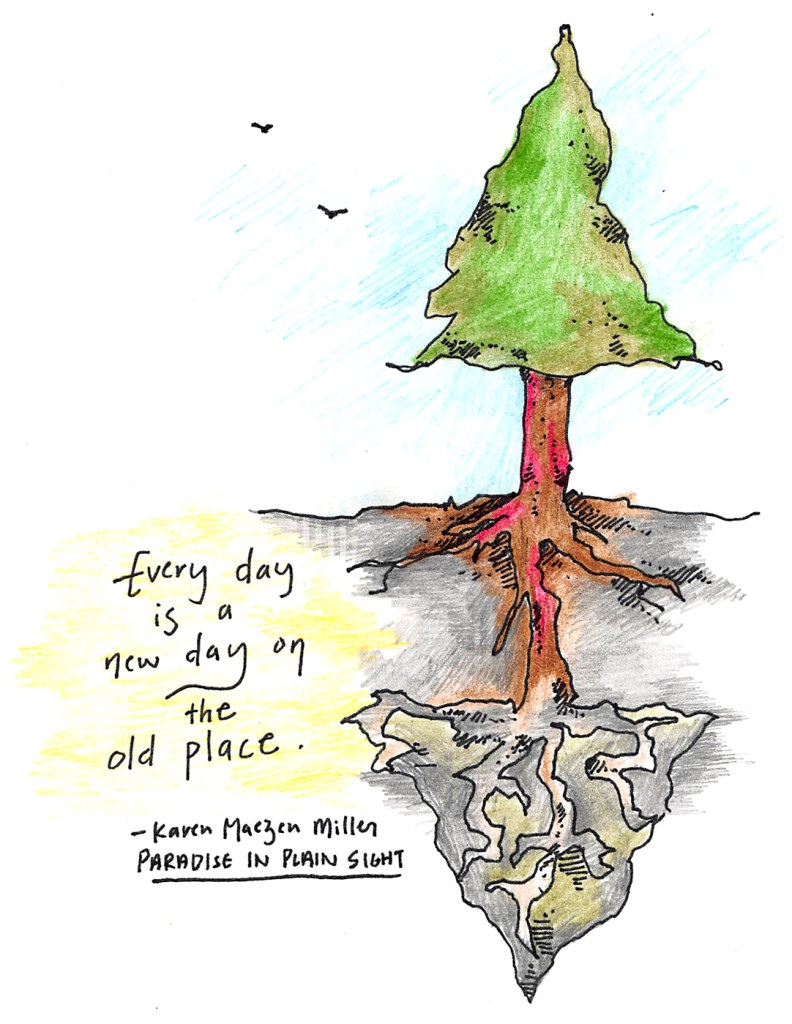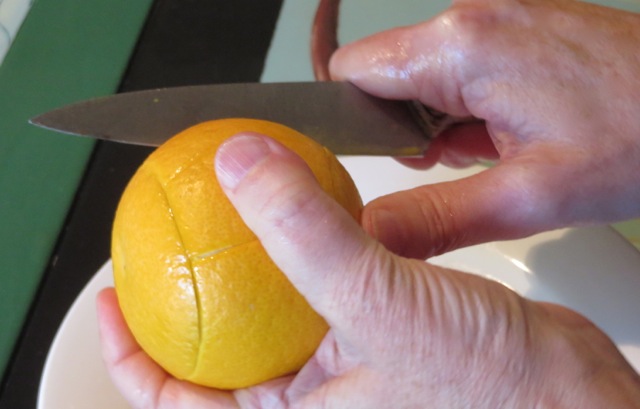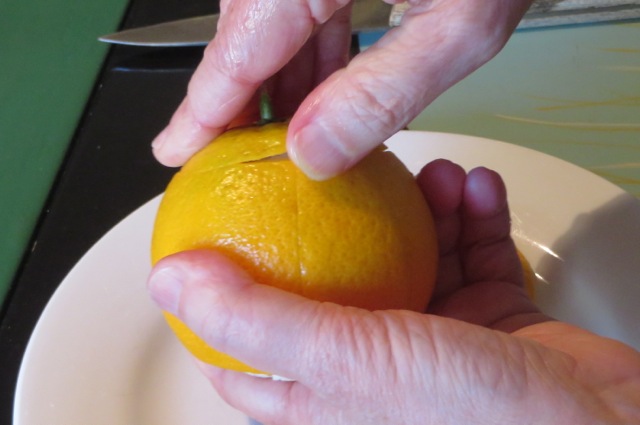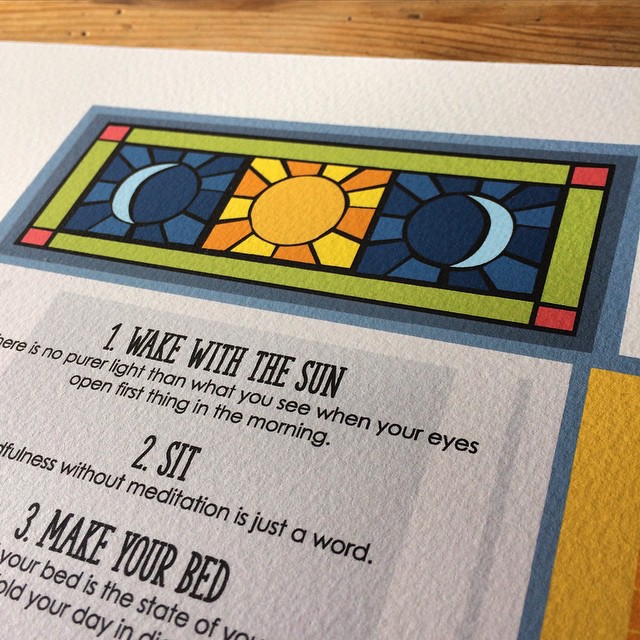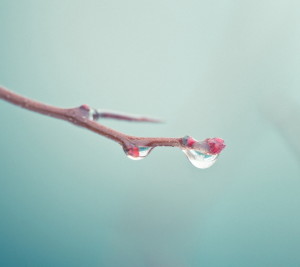 I had a bad morning the other day. Something unexpected happened, and in the span of five minutes, my future unraveled, my schemes died, and the only way forward seemed straight off a cliff. In other words, I had to change my plans. On the drive to school, I told my daughter what was going on and how it could affect her. I said this while I was driving in circles, making wrong turns and getting lost. She was quiet and let me be. At midday I got a text from her.
I had a bad morning the other day. Something unexpected happened, and in the span of five minutes, my future unraveled, my schemes died, and the only way forward seemed straight off a cliff. In other words, I had to change my plans. On the drive to school, I told my daughter what was going on and how it could affect her. I said this while I was driving in circles, making wrong turns and getting lost. She was quiet and let me be. At midday I got a text from her.
What are you going to do?
I don’t know, I replied.
Just do what you need to do. I will support you.
This is where I might congratulate myself for raising such a wise and compassionate child, with the emotional intelligence and resilience instilled by conscious parenting, who returns the unconditional love and acceptance I’ve given her.
Only she isn’t, because I don’t.
She doesn’t speak to me as I have spoken to her; she speaks to me as she wishes I would speak to her. She doesn’t mirror who I am, she shows me a person I can become. And if I am the slightest bit charitable in my recollections, I must concede that she has been doing this all along with clear-eyed consolations.
It’s not always going to be easy.
Everyone makes mistakes.
I never get mad when you don’t do your best.
Everything happens when you don’t expect it.
By fair assessment, I am only half the parent she is, and she is only half the child I perceive her to be. I can’t parcel the roles out one way or the other. I only know that in the midst of a dark and lonely trial, my pain is shattered by an innocent utterance, and life is born anew.
The life of a mother is the life of a child: you are two blossoms on a single branch. One more thing someone said to me once.
To my dear mother and all mothers before, to my daughter and all daughters to come, I leave this promise and conviction: Your babies will be okay. Together we find the way.
***
Just in time, there are copies of Momma Zen on giveaway here.


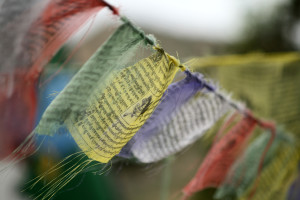
 Become the least grain of sand on the beach. —Maezumi Roshi
Become the least grain of sand on the beach. —Maezumi Roshi